If communication is the core of your business, the recent 3CX alert should be a big wake-up call, showing how fragile our connected systems can be. With more and more organizations shifting to Voice over Internet Protocol (VoIP) solutions for their telecommunication needs, the spotlight is on VoIP security best practices once again. It’s not a matter of “if” but “when” a system might come under attack.
SQL Links vulnerabilities pose a significant threat to the safety and integrity of VoIP systems like 3CX. These aren’t just little gaps; they’re like open doors inviting cybercriminals to do their worst.
Ignoring these issues is akin to leaving the keys in the door of your digital empire. So, businesses need to act quickly and close these SQL Links to make sure their VoIP networks don’t become the next target in the chain of cyber vulnerabilities.
This blog post will serve as your guide on 3CX security measures. Because let’s face it: When it comes to safeguarding your communication lifelines, there’s no such thing as being overly cautious.
Understanding SQL Links in 3CX
When it comes to VoIP, learning about the technical gears that keep everything running is like knowing the ins and outs of a well-oiled machine. In the case of 3CX systems, SQL Links help shuffle data around, connecting databases to the 3CX setup.
They’re like data highways, making sure everything flows between systems, but they’re not invincible to cyber threats to communication systems. Let’s peel back the layers of SQL Links, from what they do in VoIP systems to the weak spots they might have, and see why protecting your VoIP system is a must in today’s business world.
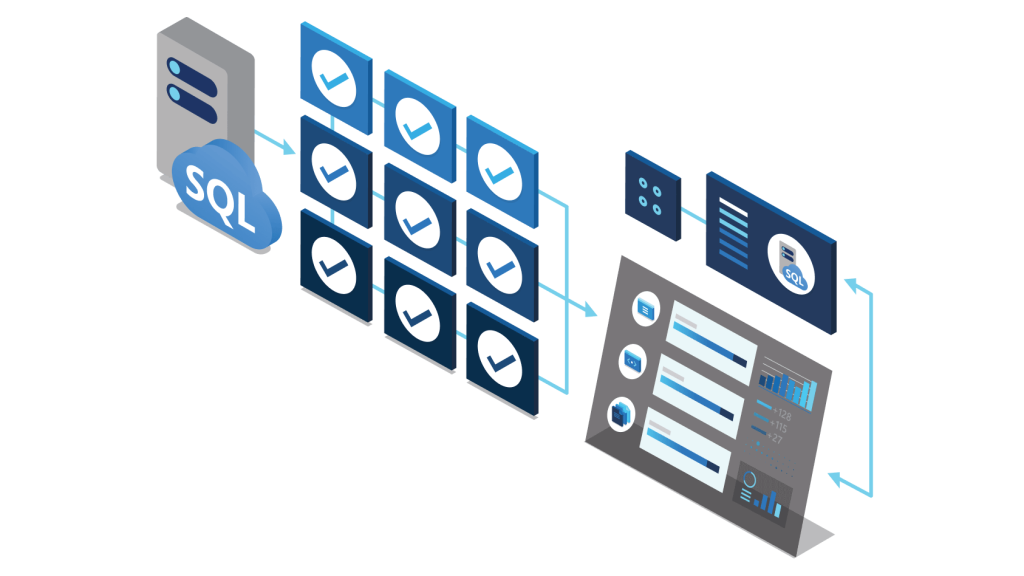
-
What are SQL Links in VoIP?
SQL Links are like background workers of VoIP systems, quietly making sure everything runs without a glitch. In VoIP systems such as 3CX, they act as the secret agents facilitating the smooth exchange of data between telephony software and relational databases.
This integration lets you store and retrieve call records, user details, and configuration settings, which forms the basis for advanced functionalities such as CRM integration and call reporting. So, understanding SQL Links is the first step in building a proactive VoIP system protection strategy – keeping the data flow fluid yet secure and protecting against the dreaded data breaches and system hiccups.
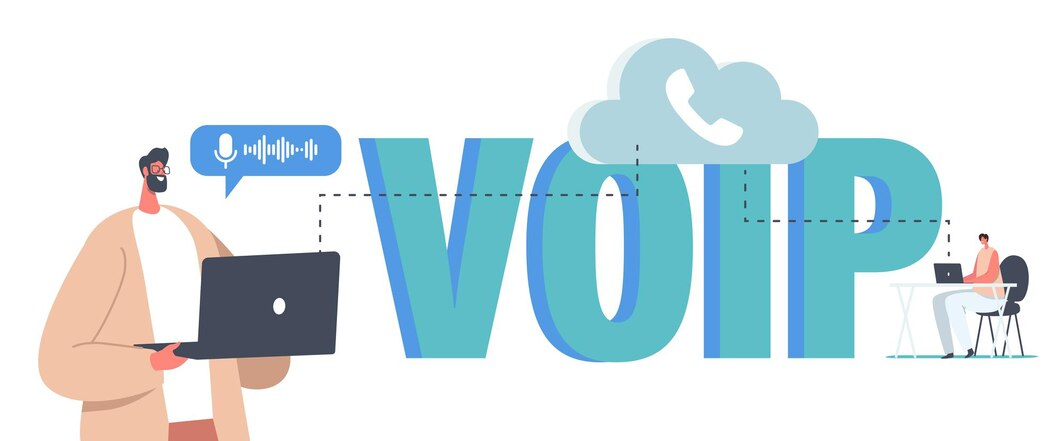
-
Vulnerabilities Associated with SQL Links
Peeling back those SQL Link layers reveals some weak spots that cybercriminals can exploit. These vulnerabilities range from SQL injection attacks, where malicious queries are used to manipulate or destroy data, to unauthorized access from lax authentication measures.
Cyber threats to communication systems are evolving, and the SQL Links within your VoIP setup could be the weakest link if not adequately secured. Regular updates, robust authentication protocols, and encryption are just the starting points in safeguarding these connections.
-
Risks of Leaving SQL Links Active in 3CX
Leaving SQL Links active without a solid security strategy is like inviting trouble to your system. The risks are substantial – from compromising customer information in data breaches to disruptions that can shake the trust in your business.
By leaving SQL Links active without proper safety standards, you’re risking not just data integrity but also the continuity of your business operations. It’s time to lock down those SQL Links and ensure your VoIP protection is as resilient as your company’s ambitions.
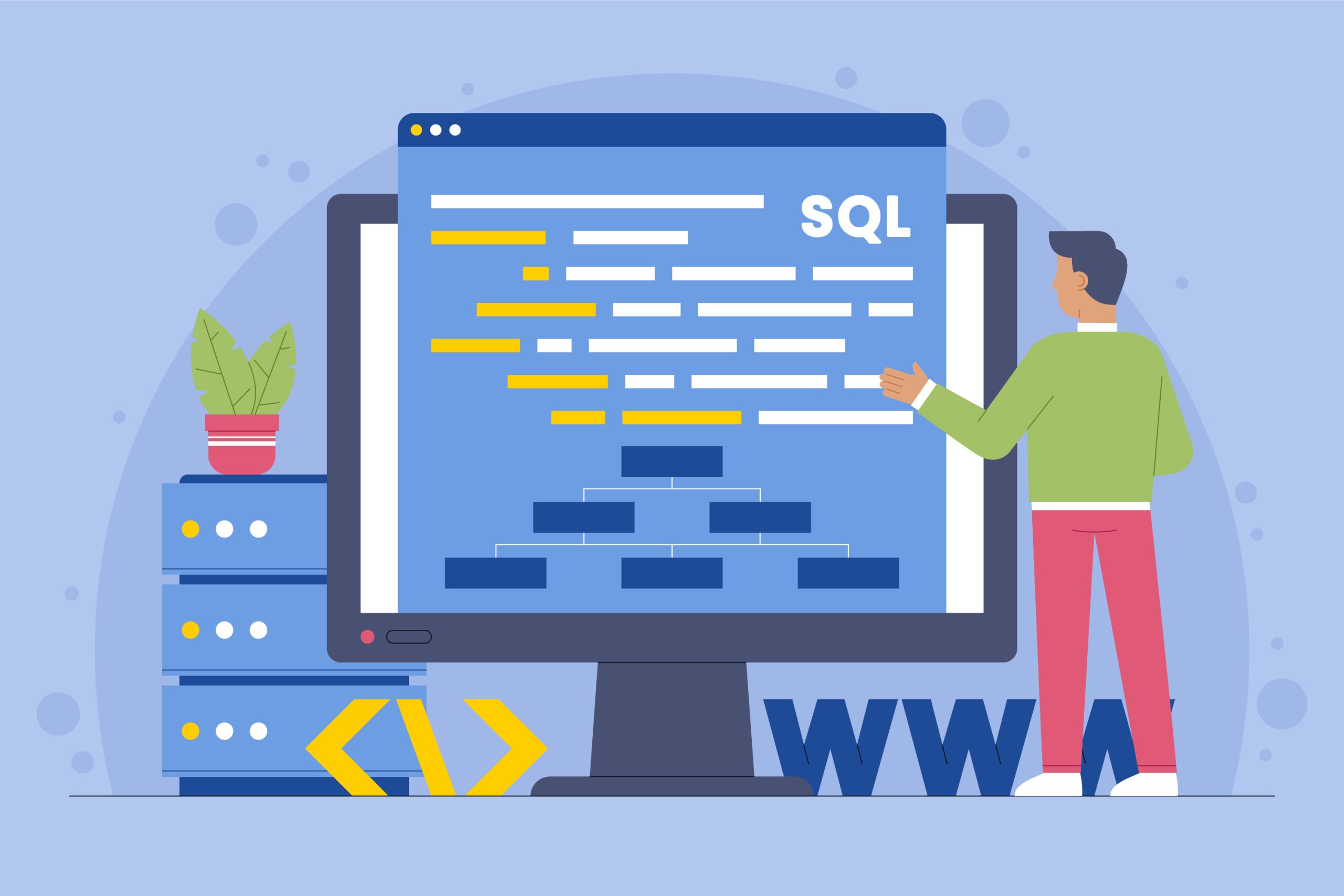
The Consequences of Inadequate Security Measures
Security isn’t just a feature – it’s a must-have, especially when it comes to our day-to-day communications. As VoIP systems become the go-to for many, safeguarding these channels is more critical than ever before.
Let’s break down the potential fallout, exploring the importance of regular security audits as a lifeline for the integrity and continuity of communication systems.
-
Potential Threats to VoIP Systems
VoIP systems, while efficient and budget-friendly, can turn into an open playground for hackers if not properly guarded. Imagine SQL injection attacks, where unauthorized users exploit weaknesses to mess with databases, potentially compromising the entire system.
A practical SQL Links deactivation guide can prevent such intrusions, as these links can be manipulated to gain unauthorized access to the system. VoIP services are also susceptible to various cyber threats, from phishing scams to the notorious denial-of-service attacks that can bring communication channels to a grinding halt.

-
Impact on Communication and Data Integrity
When security measures fail, the integrity of communication and data within VoIP systems is first to suffer. Cyber attacks can intercept, eavesdrop, and tinker with the data in transit, leading to a loss of sensitive information and trust.
This not only compromises crucial data but also facilitates a decline in client confidence, potential legal consequences, and the inevitable financial hit.
-
Importance of Proactive Security Measures
Being proactive for cyber trouble is half the battle won. It’s not just about reacting to emergency events but about preventing them in the first place. This involves routine updates, patches, and deactivating SQL Links to block the route for potential attackers. Being proactive also means educating the team about the latest cyber threats and how to spot them.
Step-by-Step Guide: Deactivating SQL Links in 3CX
The SQL Links within your 3CX system, if not handled correctly, could create potential weaknesses. As you perform these steps, consider going through the case studies on VoIP security breaches that highlight the risks of an unsecured system.
Deactivating these links means shielding your VoIP from hacking attempts, boosting data integrity in communication, and overall, keeping your system in tip-top shape.

-
Accessing 3CX settings
Here are the steps to accessing the setting for 3CX –
- Go to the 3CX settings – your system’s control room for security.
- Access the 3CX Management Console through your web browser.
- Log in with your administrative credentials.
Once inside, you’ll find a dashboard offering a snapshot of your system’s status and settings, setting the stage for the subsequent steps to tighten your security defences.
-
Locating SQL Links Configuration
Now, let’s locate those SQL Links. This step is critical for enhancing data integrity in communication. SQL Links are often nestled within the ‘Advanced’ or ‘Database’ sections of the settings menu.
Keep an eye out for terms like ‘External Databases’, ‘Integrations’, or ‘SQL Connections’. Once you’ve located the SQL Links, you’ll be facing the very conduits through which data flows – and where potential breaches could occur.
-
Deactivating SQL Links Securely
It’s time to deactivate those SQL Links securely. This step needs attention to prevent any service disruptions. Start by disconnecting each SQL Link carefully. This might involve unchecking boxes, toggling switches, or executing commands based on your setup.
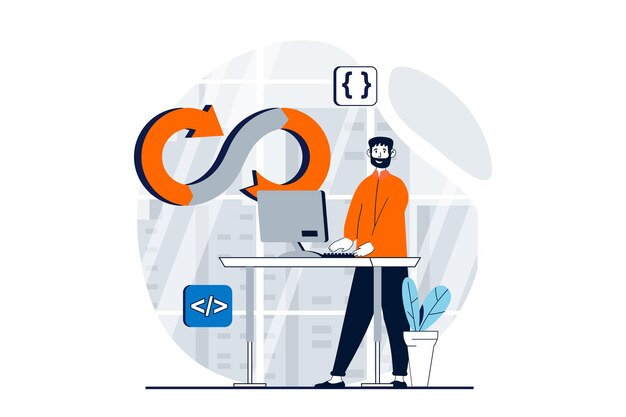
-
Ensuring Proper System Functionality After Deactivation
Once you’ve shut down those SQL Links, it’s check-up time. Test your 3CX system thoroughly to ensure it’s working as it should.
Try out call flows, check reporting features, and test any integrations. The goal is to make sure deactivating SQL Links hasn’t caused any unexpected issues.
Best Practices for VoIP Security
As hacking techniques get more complex, security practices must also upgrade with it to protect your communications. These practices ensure the integrity of your communication data and prepare your systems for the future trends in VoIP technology.
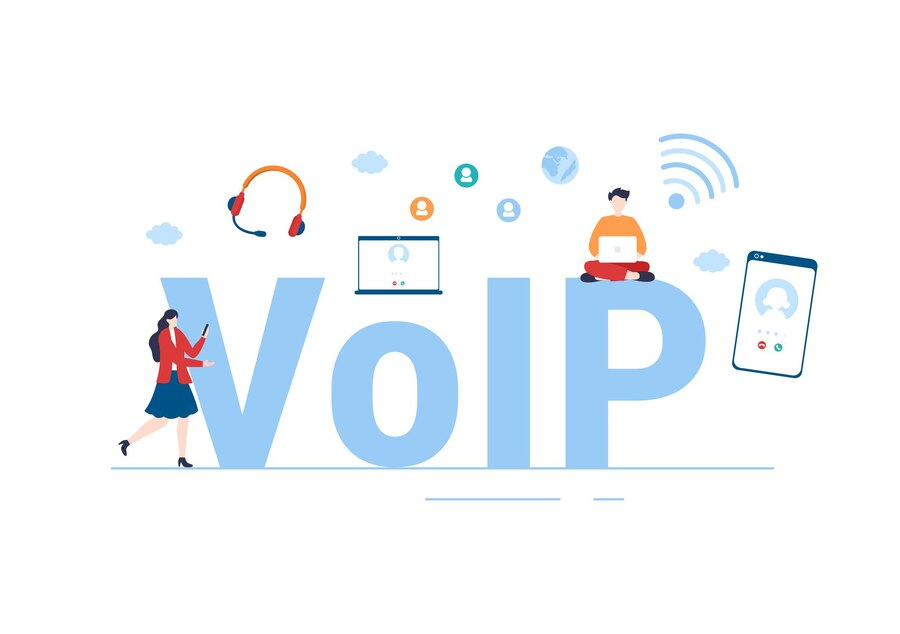
-
Regular Audits and Updates
To keep your communication data intact, regular system audits and timely updates are a must. Regular checks help spot and fix vulnerabilities, bolster defences, and keep your VoIP setup running smoothly. It’s like giving your communication system a health check-up, ensuring it’s strong against threats and performing at its best.
-
Implementing Strong Passwords and Access Controls
The core of securing 3CX for reliable communication lies in robust passwords and strict access controls. Solid and complex passwords are your first defence against unauthorized access. Rigorous access controls make sure only the right people have access to sensitive information.
To stay ahead, embrace upcoming VoIP trends by using multi-factor authentication and adaptive access policies.
-
Educating Users on Security Awareness
Educating users on security turns them from potential risks into informed defenders of the network. Training should cover the importance of strong password practices, the dangers of phishing attacks, and how to respond to 3CX alerts.
By arming your users with knowledge, you’re boosting security at an individual level and building a collective solid defence for your organization.
Benefits of Proactive VoIP Security Measures
Proactive VoIP security measures act as shields against the surge of cyber threats. With the risks of insufficient VoIP security looming large, it’s high time to prioritize strategies that ensure reliability and seamless communication.
Let’s explore how these steps can truly make a difference.

-
Enhanced System Reliability
A solid communication system depends on VoIP system reliability measures. By proactively setting up security protocols, businesses can sidestep issues before they even pop up. It’s like having the 3CX alert system on overdrive—not just reacting but preventing problems altogether.
That means fewer dropped calls, minimal delays, and a guarantee that your voice services remain up and running, no matter what.
-
Protection Against Cyber Threats
Think of cybersecurity for communication infrastructure as its immune system. It’s what keeps your VoIP network healthy and working at its best. When you take proactive steps for VoIP security, you’re not just setting up a simple firewall; you’re building a robust system that can adapt and fend off evolving cyber threats.
From encrypting data to securing endpoints, each layer of protection adds distance between your business and the impact of inadequate VoIP security.
-
Ensuring Seamless Communication
In the world of communication, any interruption can be a severe setback. By foreseeing and tackling risks in advance, businesses can maintain a clear and steady flow of communication. This proactive approach preserves the integrity of the communication path and reassures users that their conversations are private and safe.
This way, companies offer a reliable service that stands tall against threats, ensuring each call is just as clear and secure as the last.

Bottom Line
Given the recent 3CX Alert, securing your VoIP system has become a pressing concern. This alert highlighted vulnerabilities in SQL links and potential targets for cyber threats. Protecting VoIP from potential hacking attempts isn’t just about simply reacting to alerts, you also have to proactively strengthen your systems.
For businesses in Melbourne, VIC, VoIPElements offers strategic assistance. They’re equipped to fortify your defences, ensuring your VoIP infrastructure isn’t just up and running but shielded against ever-changing digital threats.
With VoIPElements, you can rest assured that your VoIP system is in expert hands, keeping your communications clear, uninterrupted, and, most importantly, secure.
FAQs
Q. What are SQL Links in 3CX, and why should they be deactivated?
- SQL Links in 3CX are pathways that connect databases to the VoIP system. They should be deactivated to prevent potential cyber threats from exploiting vulnerabilities.
Q. How often should I conduct security audits for my VoIP system?
- Regular security audits for your VoIP system are crucial, especially in the wake of alerts like the 3CX Alert. Conducting audits at least quarterly can help identify vulnerabilities, patch them, and ensure your system is resilient against evolving cyber threats.


